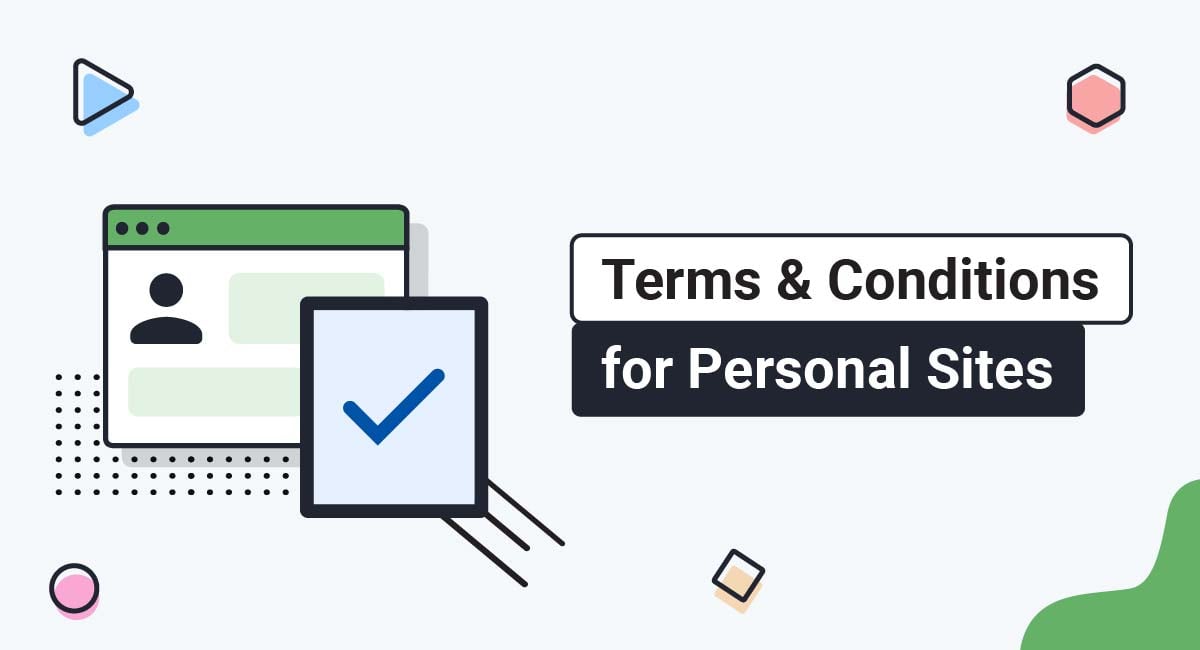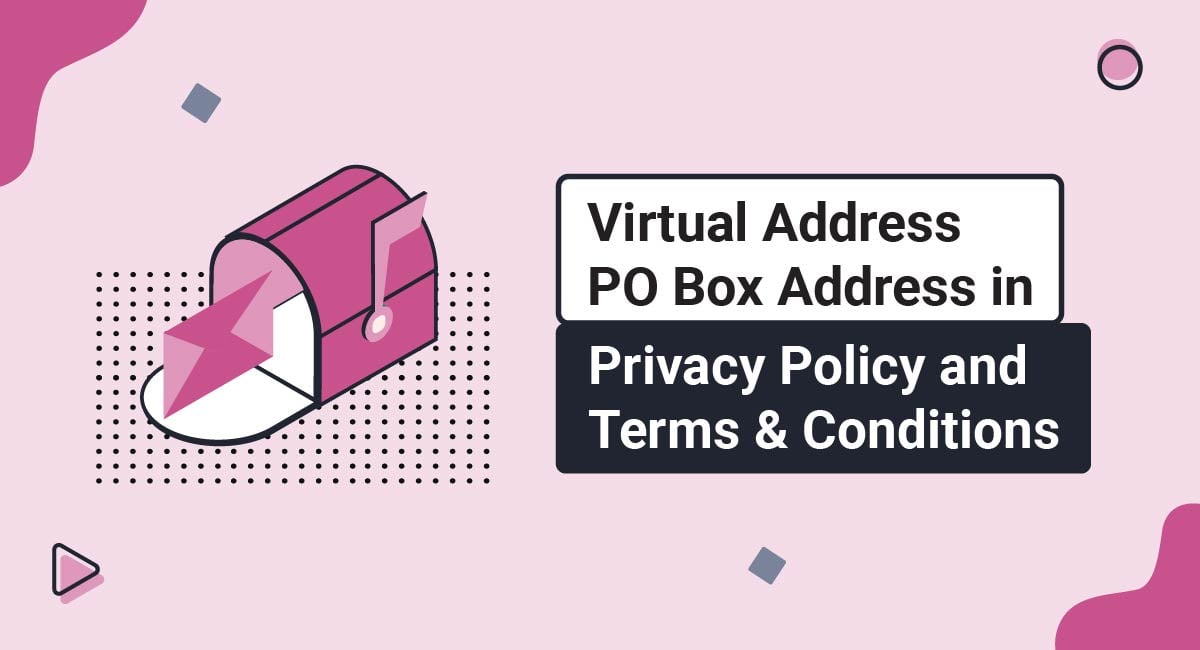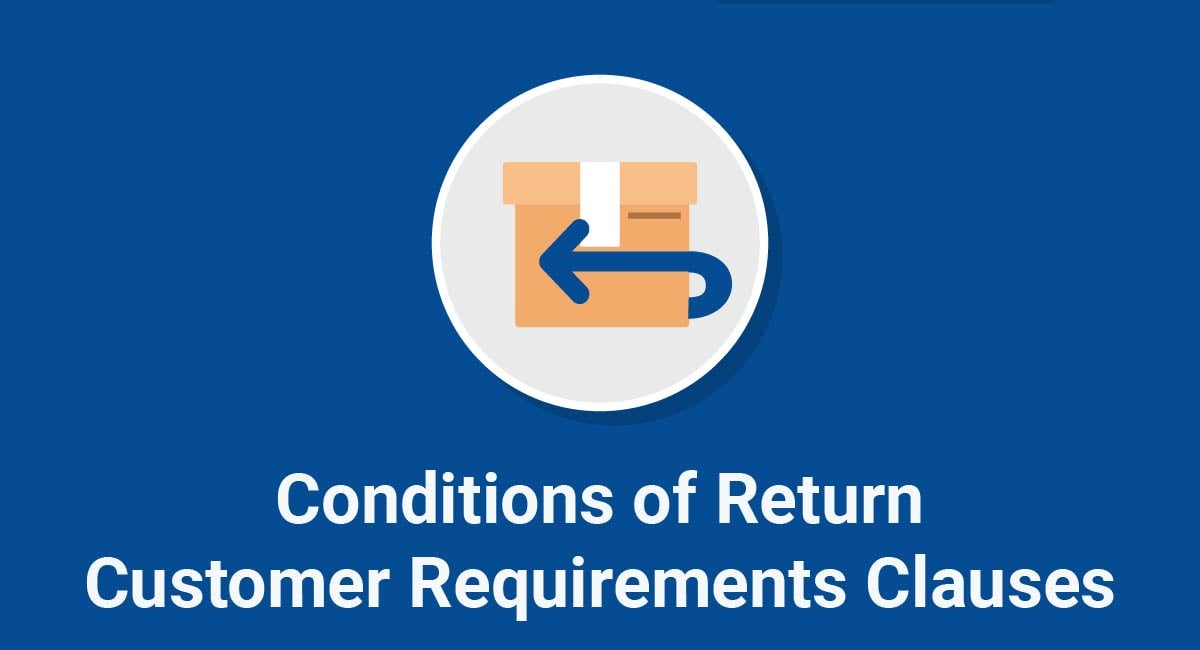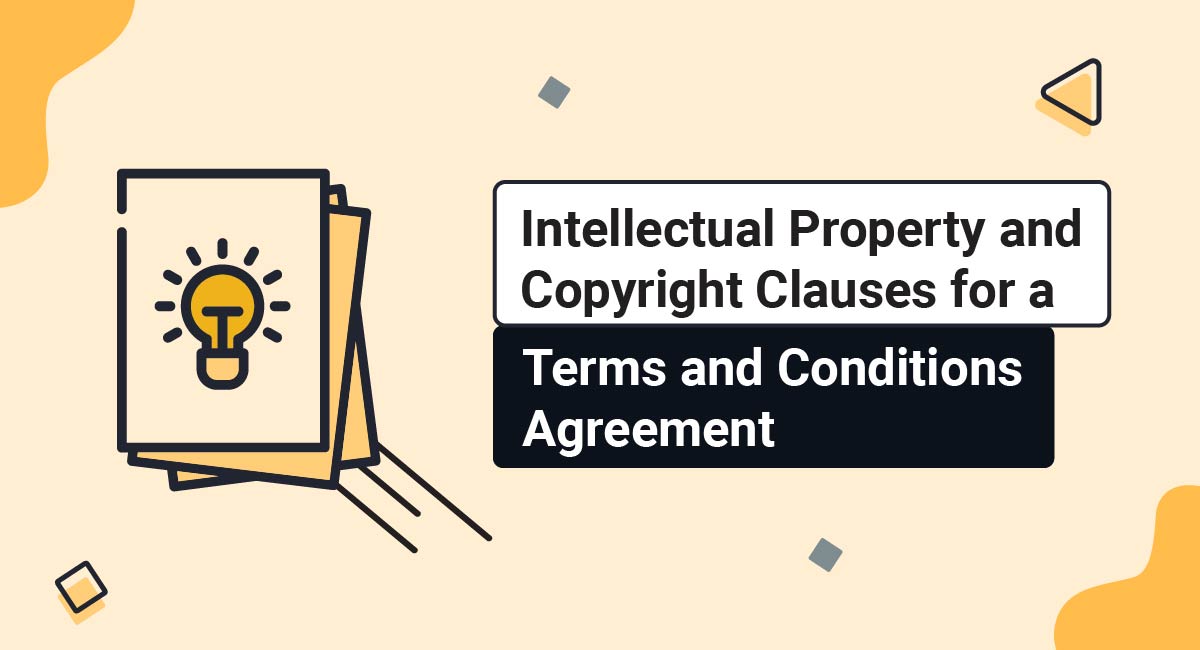Blog: Terms & Conditions Agreements
Page 3
Navigate
-
EULA Agreements
-
Cookies Policy Agreements
-
Disclaimer Agreements
-
Privacy Policy Agreements
-
US Privacy Laws
-
Return Policy Agreements
-
Legal Requirements
-
EU Privacy Laws
-
Terms & Conditions Agreements
-
How to
-
Asia Privacy Laws
-
CA Privacy Laws
-
Consent
-
Templates
-
Consumer Privacy
-
AU Privacy Laws
-
LatAm Privacy Laws
-
Clauses
Terms and Conditions for Personal Sites
When you create a personal website, you are responsible for setting the terms and the conditions of using that site. A Terms and Conditions agreement (T&C), also known as a Terms of Service or Terms of Use, establishes the rules that users must follow when accessing and using your site. It...
Virtual Address/PO Box Address in Privacy Policy and Terms and Conditions
Providing contact information is not only considered a best practice for businesses but is a legal obligation under many privacy laws. In most cases, it involves providing an email address, a customer care phone line, and perhaps most importantly, a physical business address. If for any reason you don't have a...
How to Add Terms and Conditions to a Wix Site
Adding a Terms and Conditions agreement to your Wix website is a smart move, whether you run an ecommerce site or a personal blog. These agreements are where you inform the public and your users about the rules, restrictions and guidelines for using your Wix site. Not only can they help...
User-Generated Content Clause
User-generated content forms the basis of many online businesses today. For the most obvious examples of this, consider Twitter, Facebook and Instagram. User-generated content is central to these services and the user experience they deliver. If your website or app publishes user-generated content, it's important to set out the rules and...
Conditions of Return/Customer Requirements Clauses
If you've ever tried to return a product or get a refund, you know how important it is that companies clearly lay out the requirements to get your money back. This information should be disclosed within a conditions of return and/or customer requirements clause. A clause like this is important for...
Intellectual Property and Copyright Clauses for a Terms and Conditions Agreement
So you've built a website of your own, but once you have that, you need to defend it. If you have a great logo, someone else might want to use it. It happens all the time, and the first legal line of defense against someone stealing your intellectual property is...





